Prelude to Global Conflict
The seeds of World War III might have been sown a long time ago, but the world began to feel the realization of its nearing onset only when, in 2022, Russia invaded Ukraine. After all, World War III has really not started officially. The Russia-Ukraine war has, therefore, only catalyzed what was already brewing in the global environment. There is a broad conception viewing the Ukrainian invasion as the first battle of a greater global confrontation brewing from beneath the surface, from proxy wars to diplomatic alliances through to economic sanctions.
Russian Invasion: A Flashpoint to Global Politics
February 24, 2022, was the day Russian forces forayed into Ukraine and brought a new era of warfare into this century. That wasn’t an event in itself but a crescendo of years of geopolitical friction between Russia and the West. In this very ambition of Vladimir Putin to recreate the dominance of Russia in Eastern Europe over the former Soviet states lay where his interests clashed with the West. Hence, this power struggle landed at the doors of Ukraine, inching ever closer to NATO and the European Union.
That was almost a declaration of war with Ukraine and basically against the Western order in its totality. The West responded within the shortest time: the United States and members of the European Union piling onto Russia with sanctions and military aid to Ukraine, hence creating a line of sharp divide among the world powers. While the West stood with Ukraine, Russia found allies in countries like China, North Korea, and Iran in what was apparently a clear tilt towards a new axis of power.
Alliances and Escalation: Global Response
The Russian invasion of Ukraine did very little in destabilizing Eastern Europe but brought wider global conflict. Across the world, nations picked sides, new alignments have emerged, and Cold War divides resurrected in a way that NATO rallied for Ukraine’s defense with heightened military deployments in Eastern Europe, all trumpeting alliance members’ commitment to defend member states bordering Russia.
As if in response, Russia moved to deepen relations with comparable nations frustrated by the Western world order. Case in point: China sees this as a very good opportunity to flex its muscles against Western influence and its military reach. Sure, Beijing still beats the drum of peace, but that hasn’t stopped some quiet economic and political support from reaching Moscow. This budding relationship, so often referred to as the “no-limits” relationship, speaks more to the potential of a greater conflict encompassing China and its interests in the Pacific as regards Taiwan.
Proxy Wars, the Expanding Conflict
This has also led to proxy wars sprouting up all around the world, which further instigated the belief that World War III had commenced. The fighting picked up again in Syria, where years ago Russia and the US had been brewing their silent war, as both superpowers were drawn toward their larger global ambitions.
In Africa, the Wagner Group continued to perform as a PMC, going on to influence countries like Mali and the Central African Republic more deeply in regional conflicts. Only the thing it means is that Iran will not backstep on its supplying drones and other military equipment to Russia, cranking up tensions between Israel and Iran in the Middle East. Indeed, at any moment, this conflict of regional powers could flare up to include the United States, Russia, and other players in the world.
Added to this is the fact that North Korea is not stopping its provocative ballistic missile launching and developing nuclear capacity, adding to the feel of looming war. More so, the relationship of Pyongyang with Russia and the continuous threats it made towards the United States of America and South Korea make the Korean Peninsula a highly probable flash point of another global confrontation.
The Economic Battlefield: Sanctions and Resource Wars
The other dimension of this emerging global conflict is the economic realm. These unending sanctions by the West against Russia brought it down to its knees economically but made Moscow closer to China and other non-Western powers. A new economic bloc challenging U.S. dollar supremacy and the world financial order came into being.
Energy resources have now emerged as one of the imperative fronts in this confrontation. The war in Ukraine was particularly devastating for Europe because it depended significantly on the oil and gas supplies from Russia, thus forcing them to reach out to alternate sources of energy. Russia, on the other hand, diversified its energy exports towards China and India with repercussions on the global energy market.
Now, food security is another ammunition in this war between the two nations. Exports of agri-products from Ukraine, once called the “breadbasket of Europe,” were badly hit due to the war, leading to shortages and food inflation across the world. Additional to that was the blockade by Russia of Ukrainian ports and attacks on grain infrastructure.
Cyber Warfare: The Silent Frontline
While tank and missile battles fill the headlines, another war is being fought in cyberspace. Cyberattacks that Russia has inflicted on Ukraine very clearly demonstrate how relevant digital warfare became for modern-day conflict. These attacks, however, did not remain within Ukraine’s borders. It’s actually the very same detachment of Russian hackers who, over the years, have been piping attacks against Western countries to disrupt their elections, sow disinformation, and generally weaken democratic institutions among their enemies.
Thereafter, similar cyber-attacks by the US and its allies against Russia’s networks caused quite a good deal of crippling of the system. What definitely cannot be said with regard to damage caused by this invisible digital war is its extent, but what definitely goes without saying is that cyber warfare has become an indispensable part of the military strategy of nations.
The Humanitarian Crisis: A Global Impact
The human cost of the Russian invasion of Ukraine has been devastating, like any other war. Thousands of civilians are killed, and millions made homeless. It has also caused a refugee crisis, overspending of the resources of neighboring countries, and further destabilization in Europe. The humanitarian effects of the conflict resound far beyond Ukraine, with effects on global humanitarian efforts.
Indeed, international aid organizations, already overstretched by crises in Syria, Yemen, and Afghanistan, now added millions in Ukraine to their list. This has further exacerbated some already large inequalities within the world, wherein poor nations are in dire straits to stay afloat with rising food and energy prices surging.
Conclusion: A World on Tenterhooks
Even as the world has refrained from declaring the onset of World War III, there are enough telltale signs floating around. Ranging from events fanned off from the Ukraine conflict, it becomes a gong across the globe where nation after nation gets dragged into it in a domino effect. The new military alliances, ranging from proxy wars to economic wars and cyber attacks, can turn out to be ominous for far greater bloody conflicts.
The more these global powers keep jockeying for influence and control, the less of a question it will be of if, but when, World War III finally comes into being recognized. In the case of a war over Ukraine, it would form just one of the opening chapters in some new global conflict one which is going to set the course for world history over the coming decades.

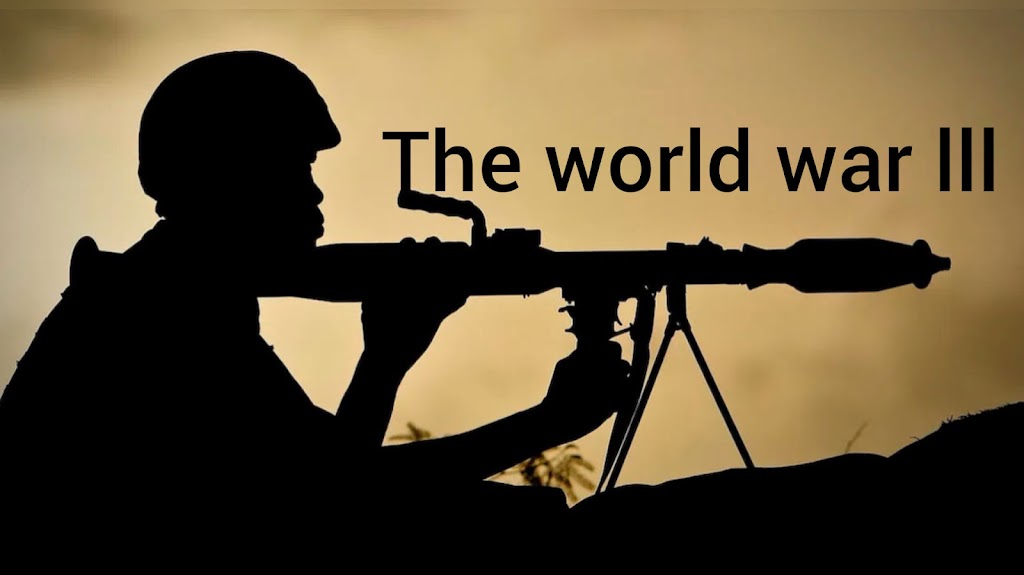


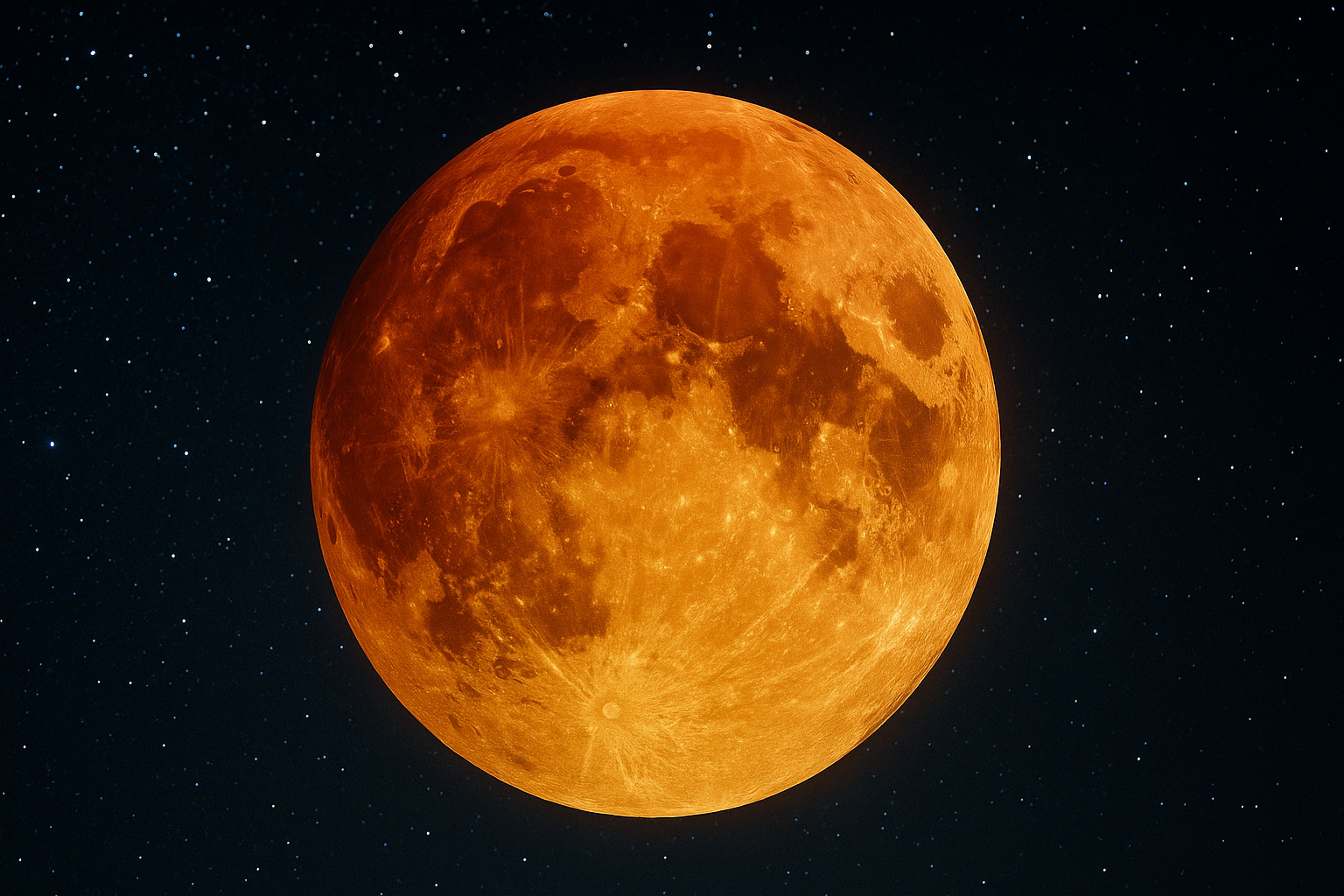


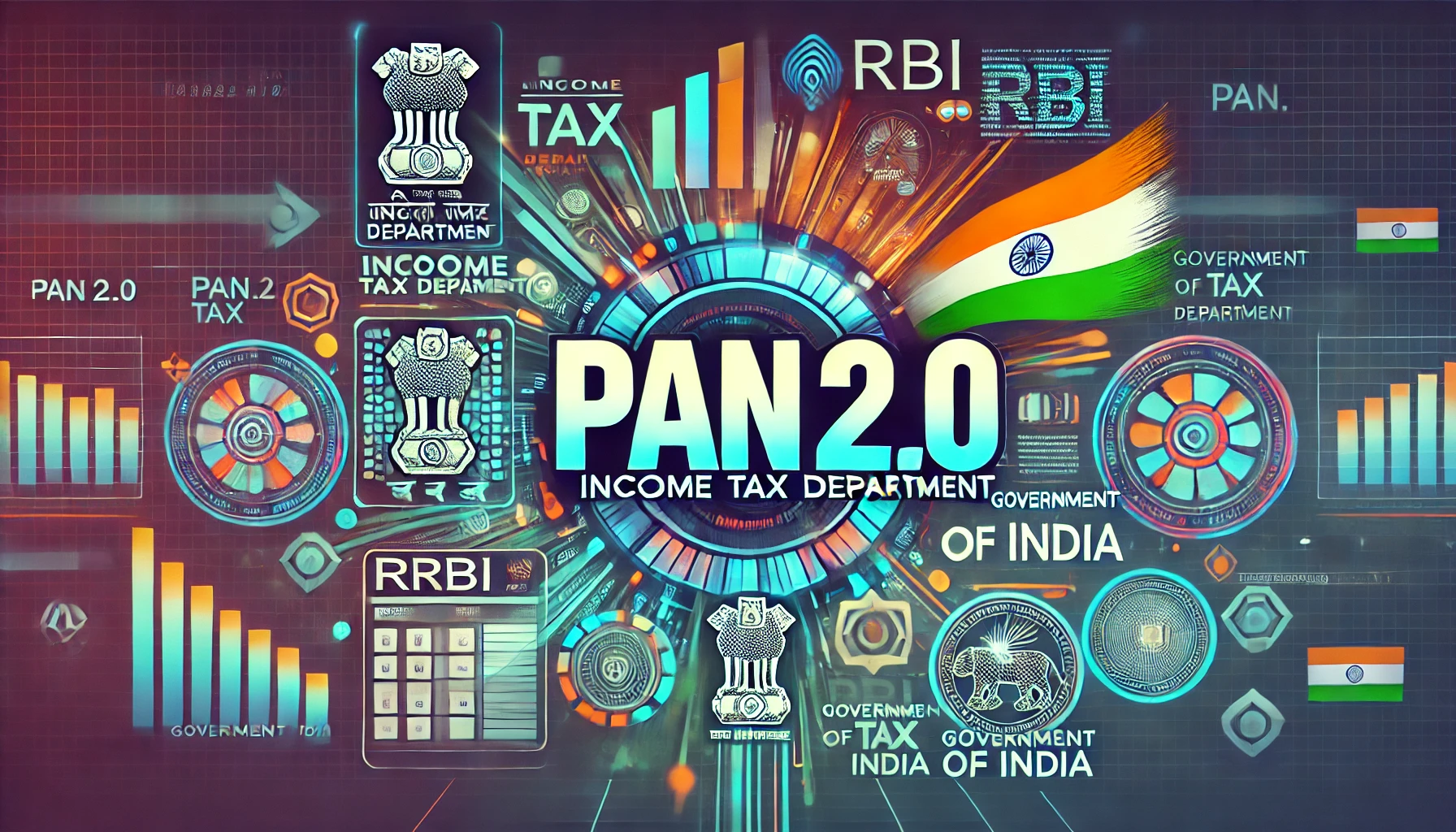






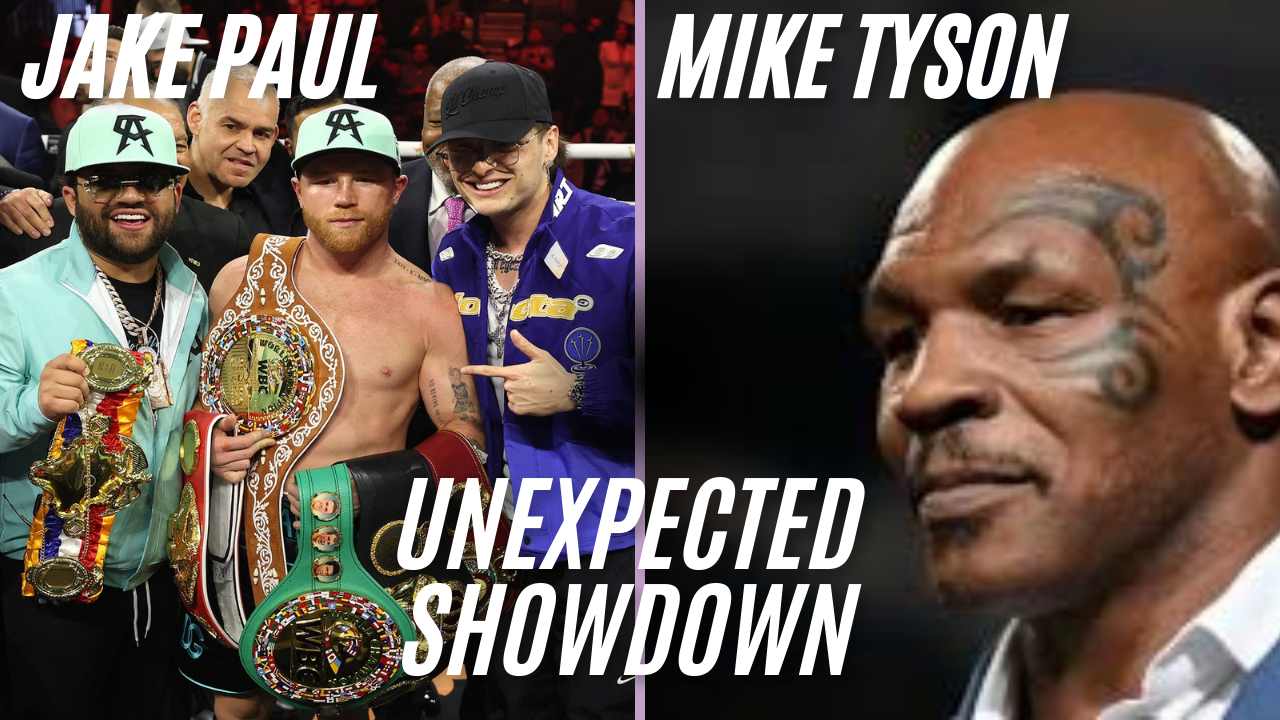

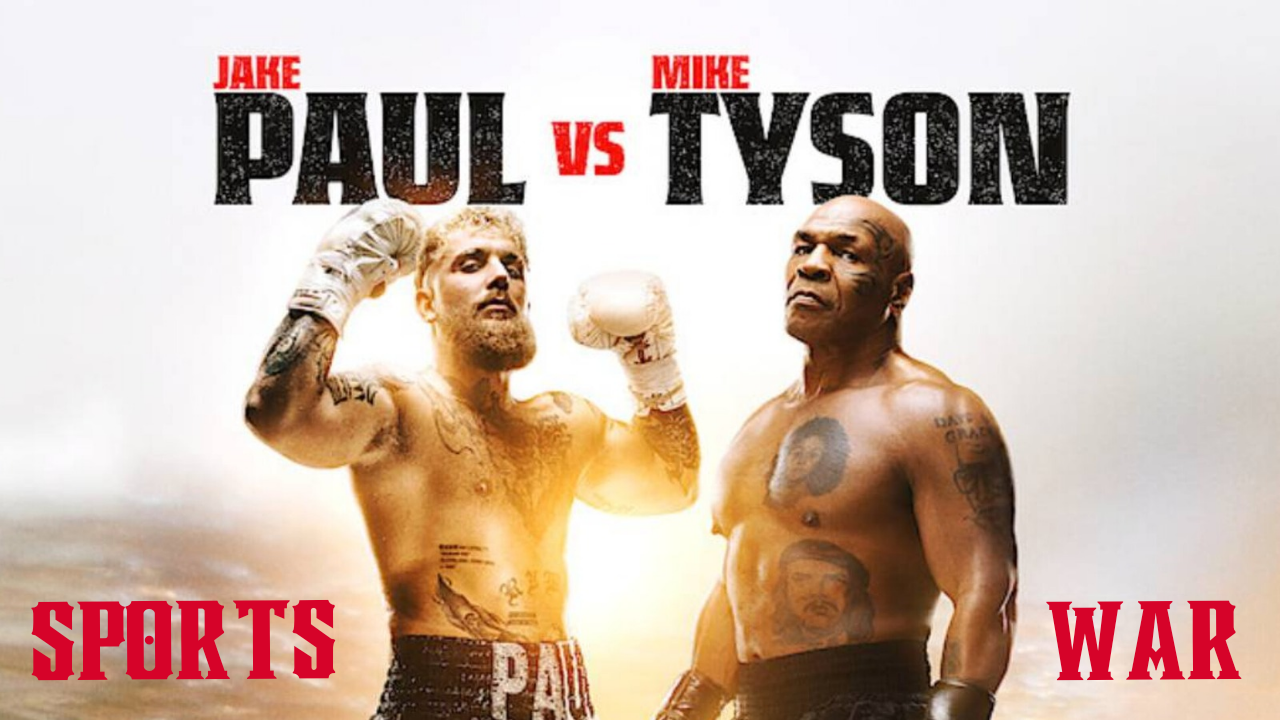
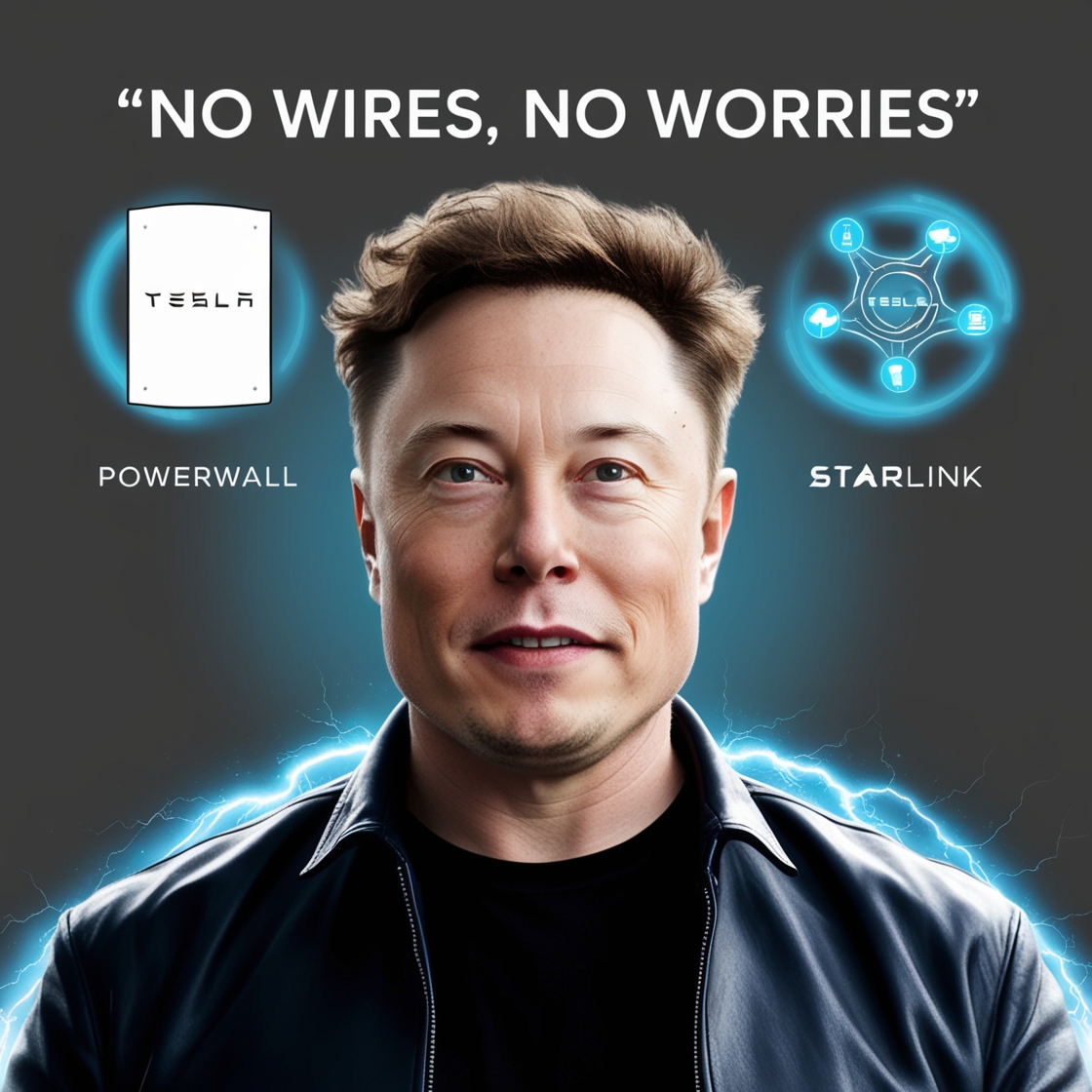






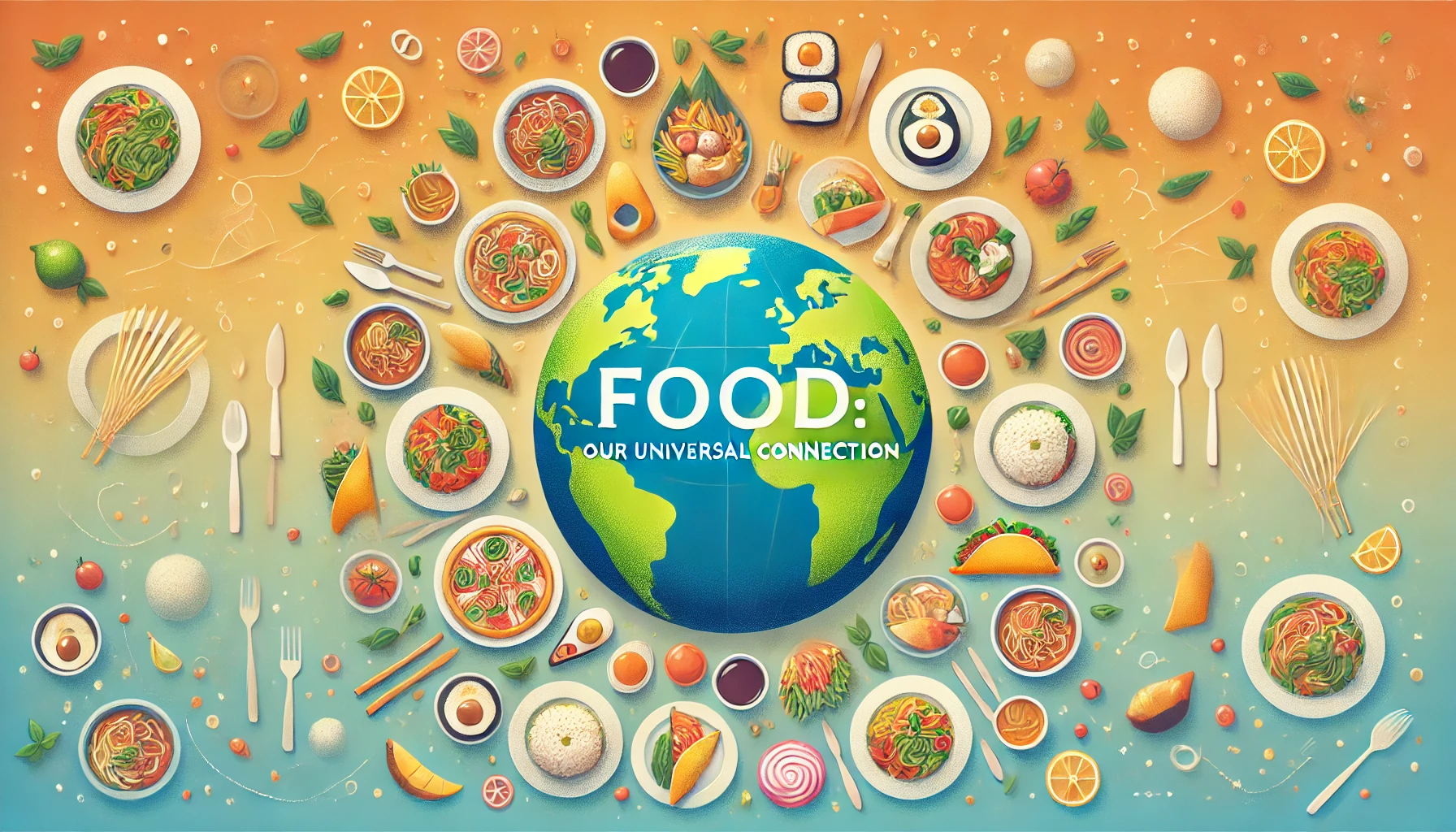



Leave a Reply